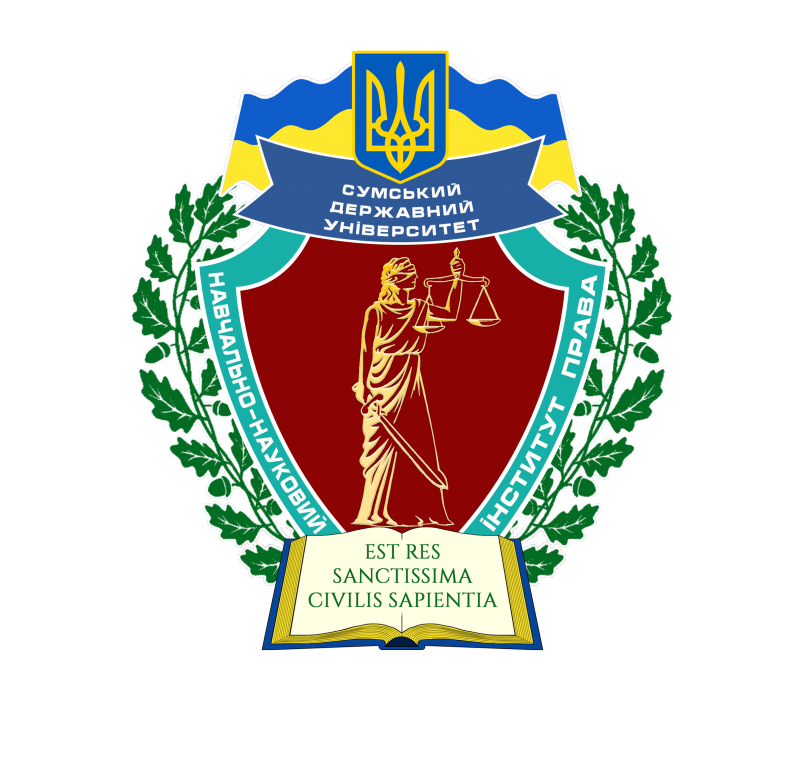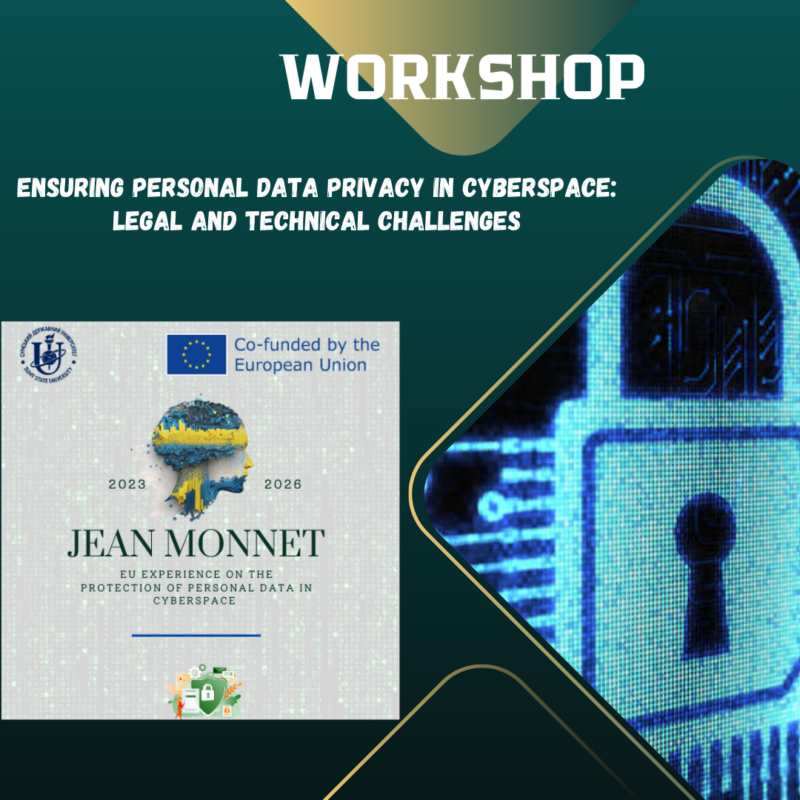Participants had the opportunity to discuss key aspects of personal data protection, cybersecurity, and contemporary challenges in digital security. The speakers addressed both theoretical and practical aspects of this critical topic.
The first speaker, Vadym Kalchenko, Head of the Critical Infrastructure Protection Sector of the State Service of Special Communications and Information Protection in Sumy Region, focused on the three main components of personal data protection: legislative, organizational, and technical. He emphasized the necessity of physical security, access control, and regular audits to minimize risks. Additionally, he highlighted the importance of accountability for security breaches and the role of law enforcement agencies in overseeing personal data processing.
Liudmyla Petrova, Chief Specialist of the Department for the Support of Victims and Witnesses at the Sumy Regional Prosecutor’s Office, discussed cybersecurity challenges in wartime conditions. She outlined threats arising from disinformation, cyberattacks, and propaganda. In her speech, she advised using strong passwords, being cautious with emails and attachments, and regularly updating software. She also emphasized the importance of critical thinking, verifying information from multiple sources, and maintaining digital hygiene.
Viktor Obodyak, Associate Professor at the Faculty of Electronics and Information Technologies of Sumy State University, delivered a presentation on phishing attacks and the need for cautious handling of emails and links. He shared real-life examples of fraud attempts that had reached his inbox and provided recommendations on verifying the authenticity of messages. Furthermore, he stressed the importance of not sharing confidential data and relying only on reputable sources of information.
The final presentation was delivered by Mykhailo Dumchykov, the project manager, who analyzed the security of various messaging apps, including Telegram, Signal, WhatsApp, and Viber. He emphasized the significance of end-to-end encryption, metadata protection, and the need to avoid platforms that may collect user data. His comparative analysis of different messaging services highlighted their strengths and weaknesses. Mykhailo also offered practical tips for secure messaging, such as enabling two-factor authentication and using self-destructing messages.
Throughout the event, participants actively engaged with the speakers, demonstrating a high level of interest and the relevance of the topic.
The organizers sincerely thank everyone who took part in the workshop and invite them to join future educational initiatives of the department.
![]()





